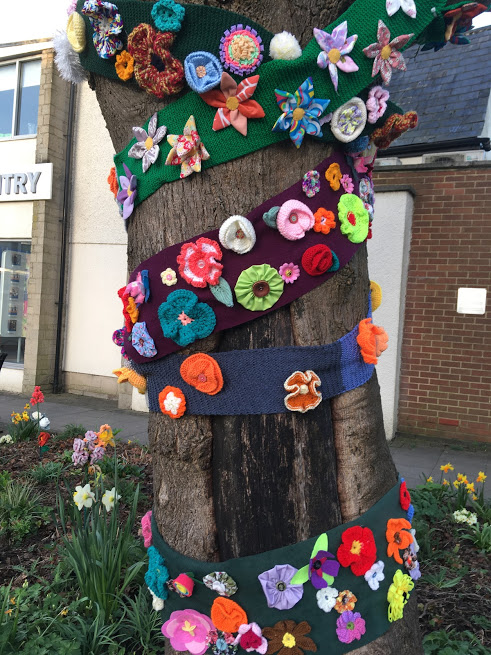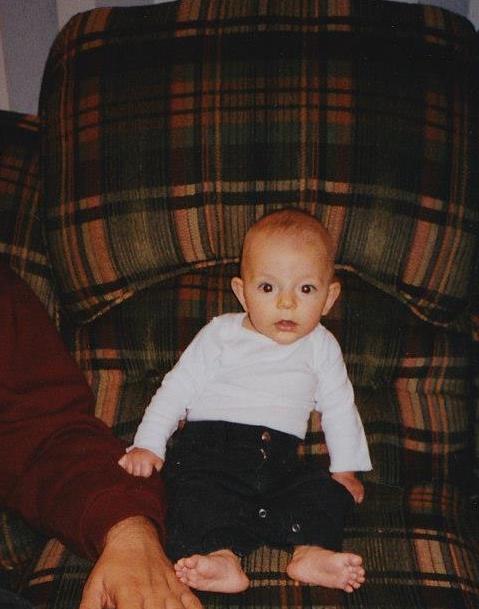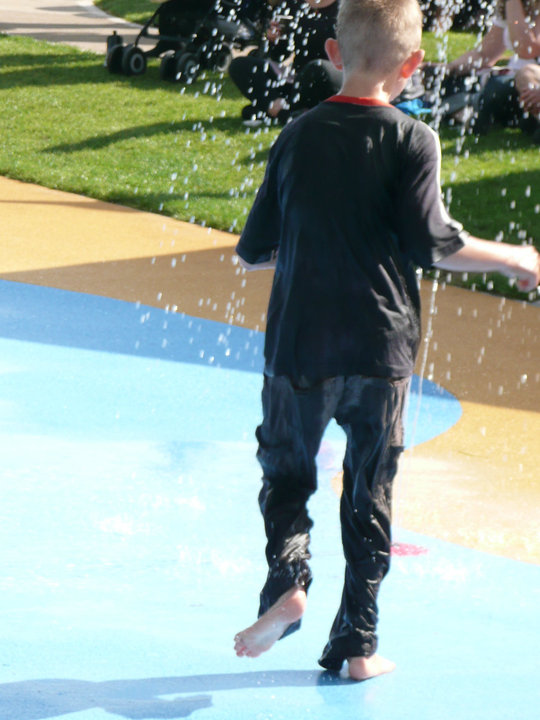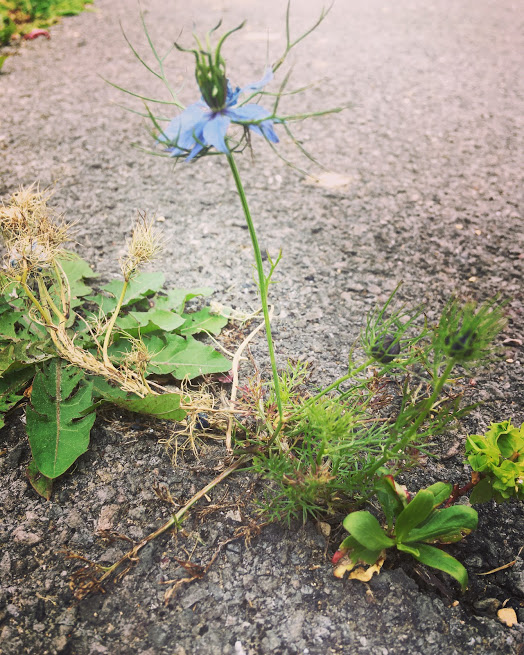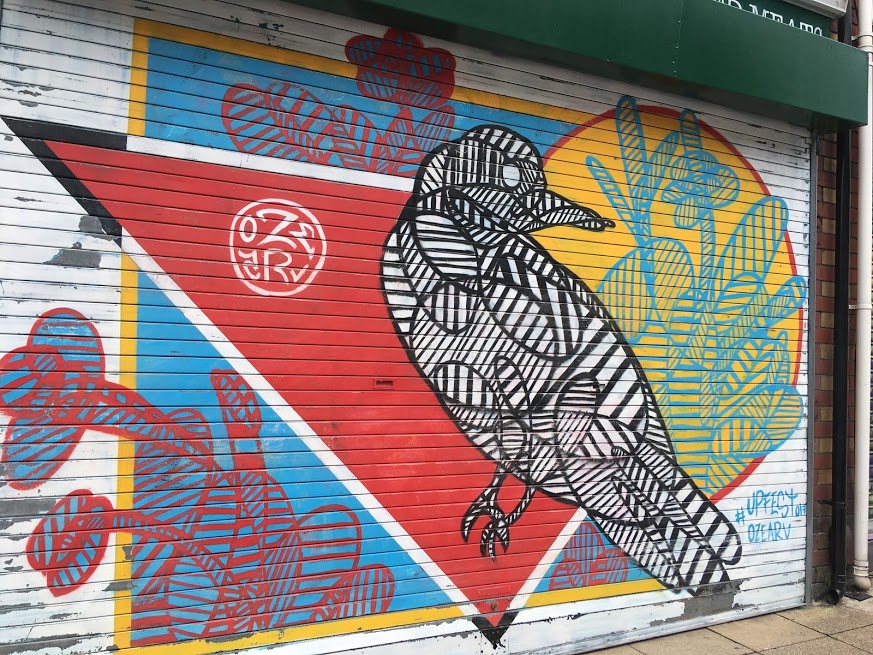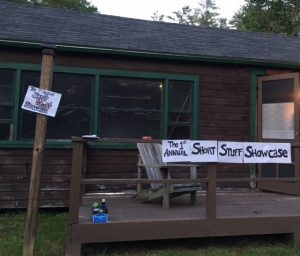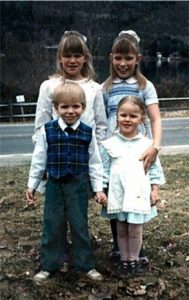This Week’s Bit of Spring: Tears of a teenaged girl
Student J is crying. She’s had to stay after school for personal tuition as her GCSE exams approach. Her boyfriend, whose hoodie she carries with her and cuddles at every lesson, has gone to hang out with friends who happen to be girls. J is 16 and convinced this dooms her relationship of nearly a year.
I have another 16-year-old student who sometimes comes in exhausted, saying she can’t sleep because of anxiety that her boyfriend will cheat on her like an earlier boyfriend did. The doubts circle in her mind and she can’t shake them.
We tell the girls it’s fine, look how much he likes you, of course he doesn’t want someone else. Now let’s do a bit of coursework. But truthfully, it’s not likely these relationships will last. I’m not disparaging the feelings young people have for each other, I’m just not convinced these two particular guys are that great. The girls will find new opportunities as they get older and probably, hopefully, better partners to share them with, plus other possibilities to try along the way.
Should we, instead of just placating, be stealthily building up young ladies for themselves so they’re not utterly devastated if and when they’re on their own for a bit? Pondering this made me wonder if I do that enough in my writing.
A Woman, Herself
Many of us know now about the Bechdel test for movies. Are female characters integral and autonomous enough within the plot so there are two named ones who converse about anything other than men? Think about it—this is rare.
In fact, when I considered it, it felt so rare I worried my own stories don’t pass the Bechdel test. Does it count if a novel or short story is told first-person by a female character? That way, we’re hearing her thoughts which are definitely not just going to be about men. (Sorry guys, you’re not quite that all-consumingly important.)

Books and short stories are different from films—we can’t use the same feminism test on them. That’s why there’s the slightly more complicated but really useful Johanson analysis. Named for the critic MaryAnn Johanson, who writes on the FlickFilosopher website, it measures books or films in 4 main areas to see if they adequately portray and represent a gender which makes up half the world’s population.
Does the story grant centrality to a female character? Does she have her own arc somewhat independent of the male characters?
Is she able to influence others or is she merely influenced by them? Are female figures given authority and is that at least partially shown in a positive light?
When introducing or describing female characters, is more attention given to their physical appearance than anything else?
Are women (and characters identifying as women) defined by more than tropes or family roles?
These are really good questions, which I think my work mostly satisfies. I’ll definitely be keeping them in mind during my rewrites though, particularly since checking characters’ trajectories and making sure they actually develop as humans is always high on my list.
Let’s Talk About Relationships
Feminism isn’t Fight Club, so far as I know. We’re allowed to talk about all sorts of things and view them from a feminist angle. That includes men and our relationships with them; after all humans do crave relationships whether we want to or not. Most guys I know talk about relationships a lot. It does not diminish their identities, and nor should wanting a partnership diminish women’s individuality.
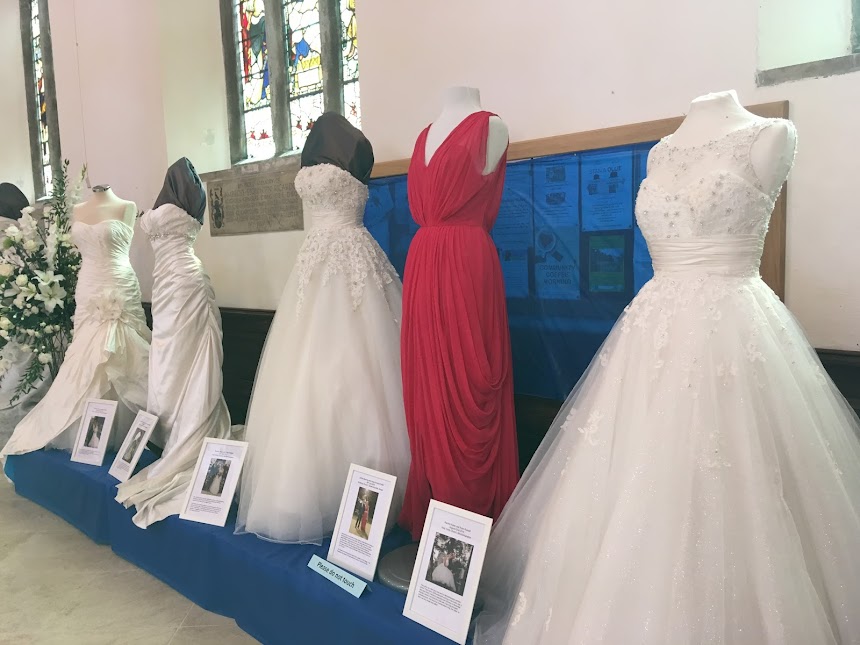
When we meet up with friends, don’t we spend a fair bit of time discussing our families? Or discussing work. (I think work is more dehumanising than marriage, for most of us.) Being a mum is the most important part of my identity, even more so than being a writer, and I don’t think that makes me backward or less feminist. That’s what drew me to the novel I’ve lately been working on, The Gospel of Eve. In a feminist way, it gives Eve a chance to tell her side of the legend, and as she’s sometimes referred to as the first mother, it’s also an opportunity to explore various relationships.
Obviously we don’t want art or literature in which supporting and talking about men is the sole purpose of a female’s inclusion. But penalising books about relationships would affect a lot of work, by female and male writers, and beloved by readers of all kinds.
If we discouraged the young people in our care from talking about their relationships because it’s unenlightened, we’d shut ourselves out of something really important. We would be unable to support them when they might need help. As educators, role models, guardians, and writers, we want to explore all things, from relationships to our core individual selves.
For further reading on feminism in literature, Roxane Gay wrote an excellent essay on it in Dissent Magazine. Here’s her guiding definition: “A feminist novel illuminates some aspect of the female condition and/ or offers some kind of imperative for change and/ or makes a bold or unapologetic political statement in the best interests of women.”
What literature has illuminated something for you? What bold statements have you found inspiring, and do you have thoughts on creating your own?


